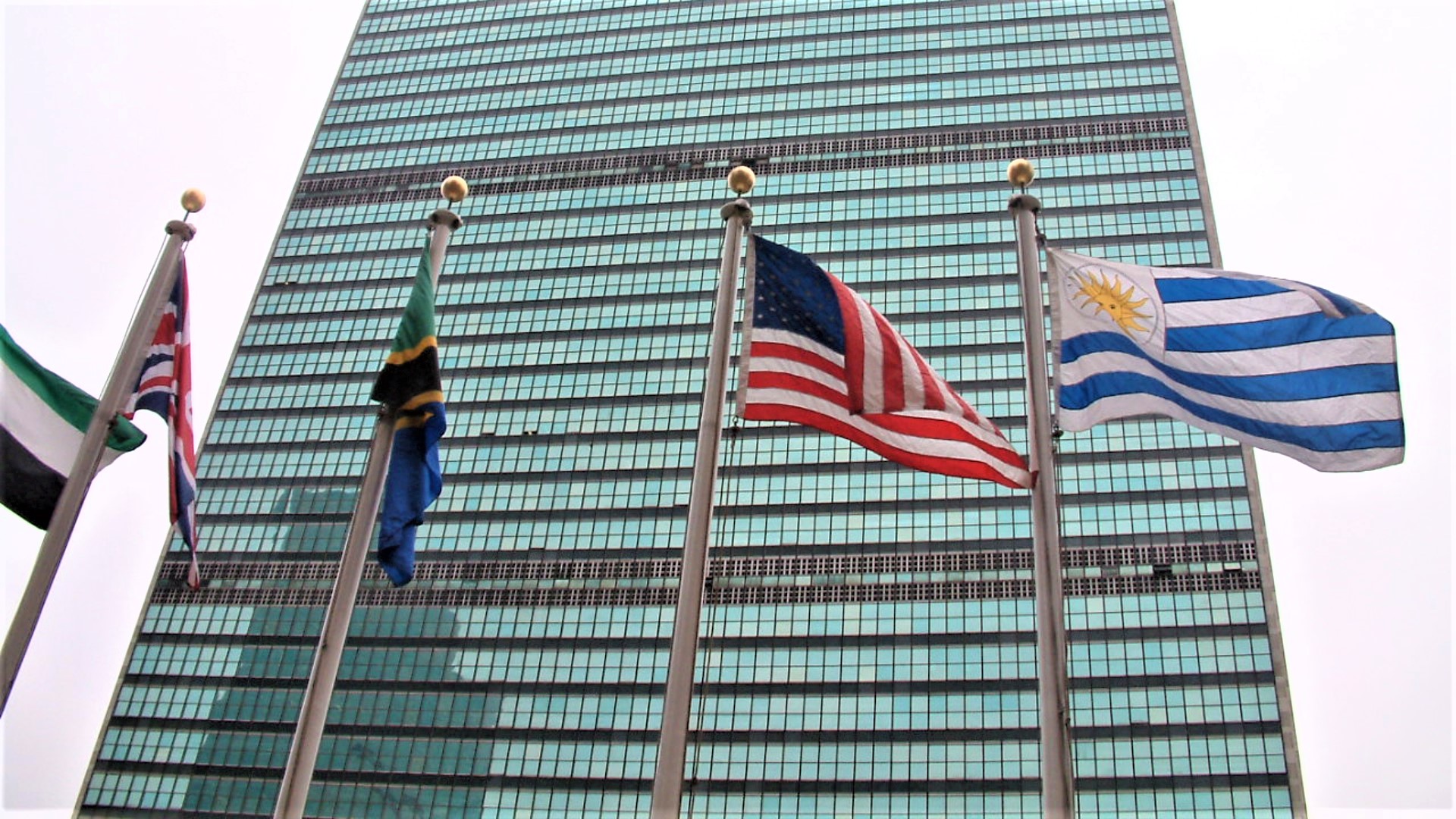After overtime negotiations that lasted well into Saturday night this weekend, the world has agreed on legal language to protect biodiversity on the high seas. The agreement, known in policy circles as BBNJ or biodiversity beyond national jurisdiction, still must be signed, ratified, and implemented, but the conclusion of text-based negotiations is an important step. If the BBNJ agreement lives up to its potential, it could help protect crucial areas of biodiversity that are facing ever-increasing threats from climate change and overexploitation.
However, not everyone is happy about what happened at the negotiations these last two weeks. One delegate accused Global North countries of being “out of touch and greedy.” Others pointed out that overnight negotiations and stalling tactics work in the favor of those nations who have the resources to field large delegations. Most of the world’s countries do not have those resources and their delegates cannot take breaks during marathon negotiations.
So, why all the controversy? What was at stake in New York these weeks?
One key area of dispute was the foundational legal and ethical principle that holds that the high seas are “the common heritage of humankind.” Most delegates and academics understand this principle to mean that the benefits of common resources should not be monopolized by the few countries and companies that have the financial means to access them. They complained that negotiators from wealthy countries ran roughshod over this principle of equity in ocean governance. Fortunately, the common heritage principle did make it into the text, but its ability to support equity will be measured by the funding decisions made by parties in the future.
While wealthy countries almost certainly did what they were accused of, the dirty secret of these negotiations is that the principle of common heritage is not universally interpreted as guaranteeing equitable benefits. This element of the common heritage principle was included in the UN Convention on the Law of the Sea (UNCLOS), but was significantly weakened in later agreements and has been consistently opposed by wealthy countries, who are generally in favor of a less restrictive definition.
The principle of common heritage is based on the Roman legal concept of res communis, or common property, which also provides the philosophical basis for the freedom of the seas. Hugo Grotius, an early modern philosopher and legal scholar who wrote the foundational text, Mare Liberum, or The Free Sea, argued that anyone could use the ocean for economic gain because it was impossible to lay claim to a territory that could not be occupied (i.e., water). This idea still serves as the foundation of today’s freedom of navigation, which is encoded in international law and zealously protected by oceangoing nations such as the United States. But Grotius’ free sea was never about freedom for everyone; it was about freedom for capital. His legal and ethical argument provided crucial support for the Dutch East India Company’s access to, and exploitation of, colonized territories controlled by Portugal. It did nothing to protect colonized peoples.
By the time modern international law governing the use of the high seas was elaborated in 1982, Grotius’ arguments still held sway, and the freedom of the seas was formalized alongside the more controversial principle of common heritage. But just as in Grotius’ day, the foundational norm of res communis did little to protect the people most vulnerable to economic exploitation. Instead, it played a role in justifying legal structures that guaranteed maximum extraction of marine resources and created a variety of opportunities for wealthy countries to benefit from resources located far from their coasts. Meanwhile, although lip service was paid to the needs of developing states, wealthy countries took on very few clear and binding obligations for the equitable sharing of benefits. One notable exception was article 82 of UNCLOS, which specifies a rate of royalty payment attached to the exploitation of nonliving resources removed from the continental shelf beyond 200 nautical miles from shore. To date, article 82 has never been triggered.
The new BBNJ agreement does include provisions that will require royalty payments similar to those required under UNCLOS, but the specific amounts remain to be decided and there is no timeline for making those decisions. The payments stand to be significant, but are still vulnerable to the usual pitfalls of financing in the international system, which are all too familiar after years of unmet promises on climate.
To the extent that the BBNJ text was even palatable to developing countries (which it was), we should be encouraged that the common heritage principle is gaining momentum. Perhaps the next innovation in ocean governance will help further tie the hands of wealthy countries and create more favorable conditions for social justice. Until then, we should not be surprised when the law of the sea continues to favor the powerful actors who have an outsize influence in writing it.




